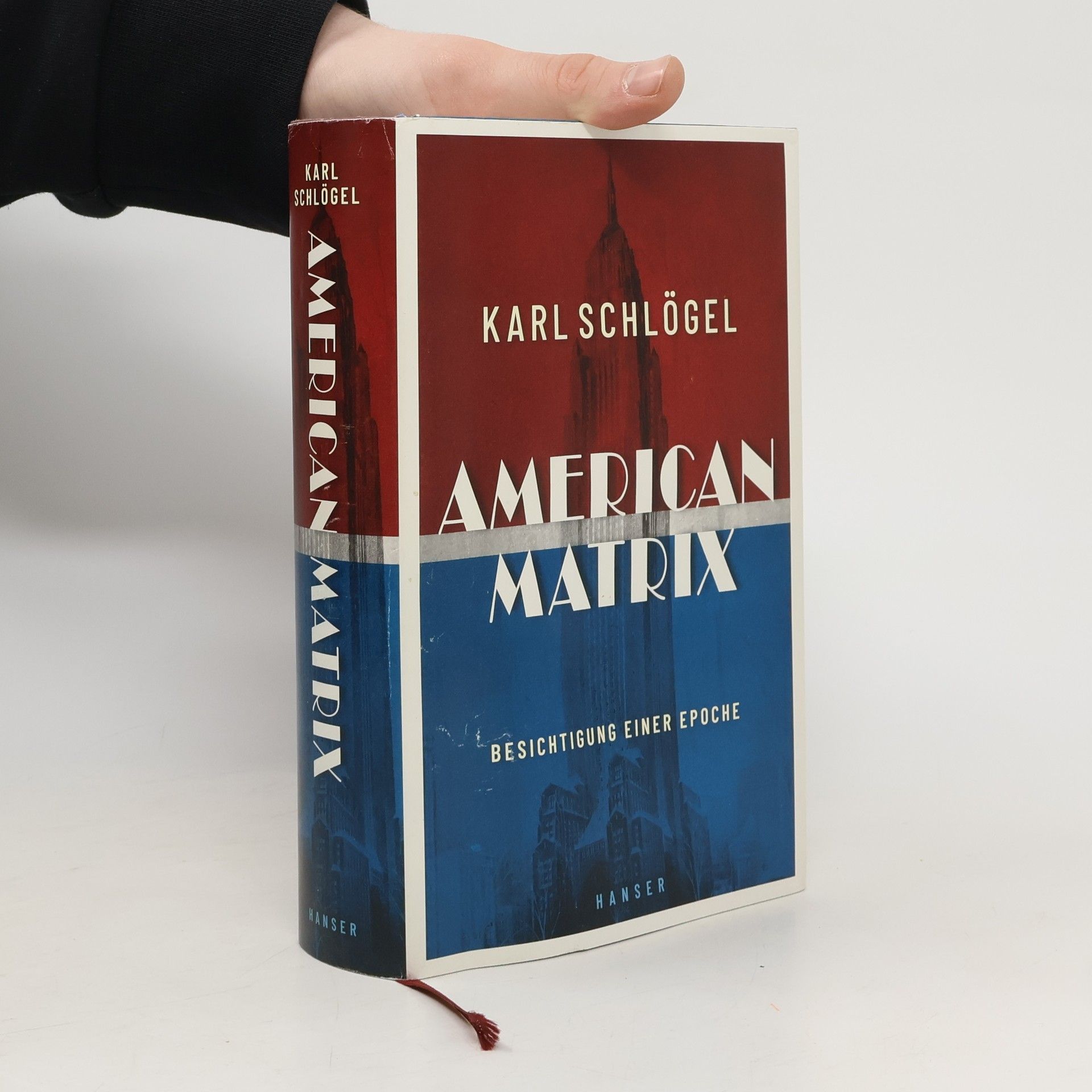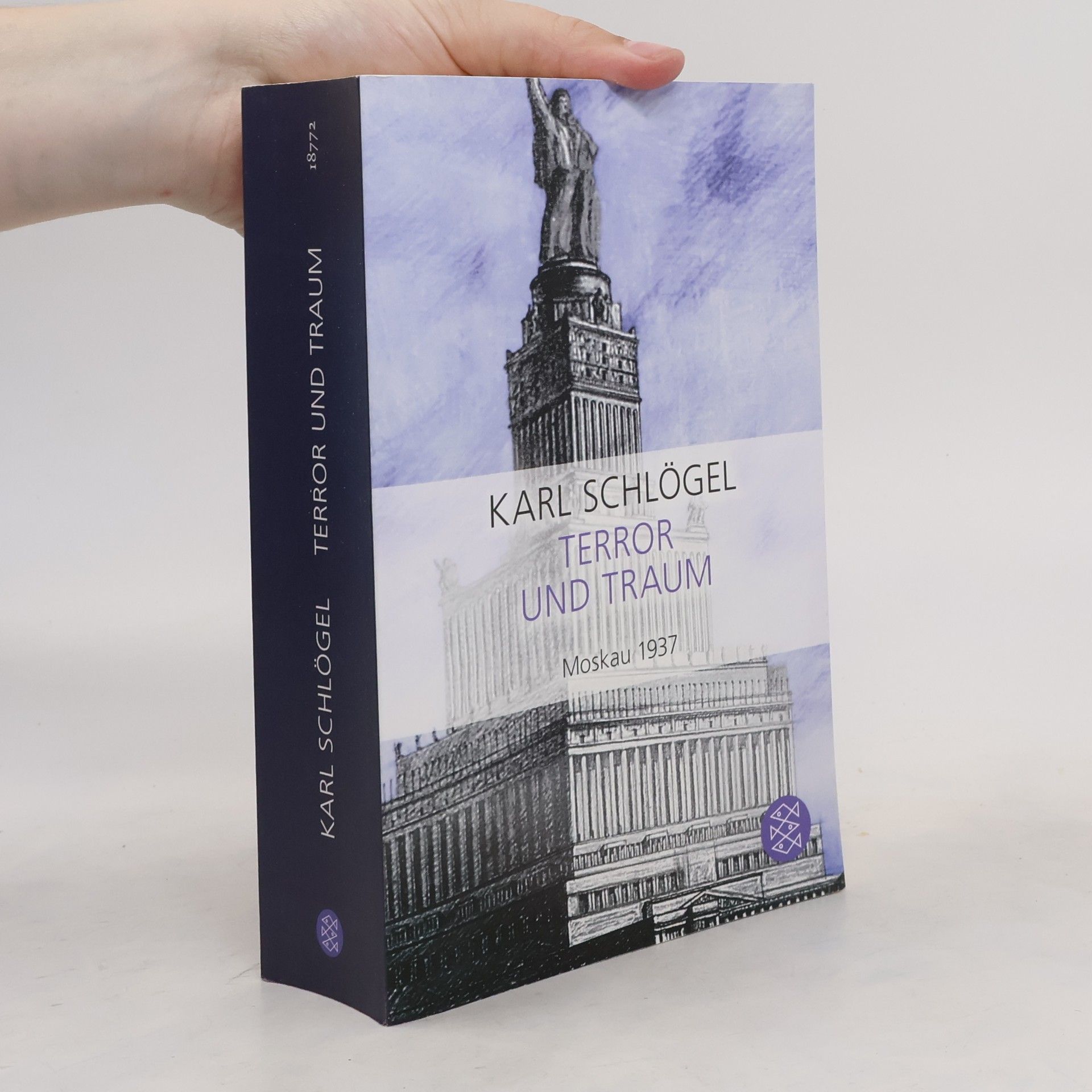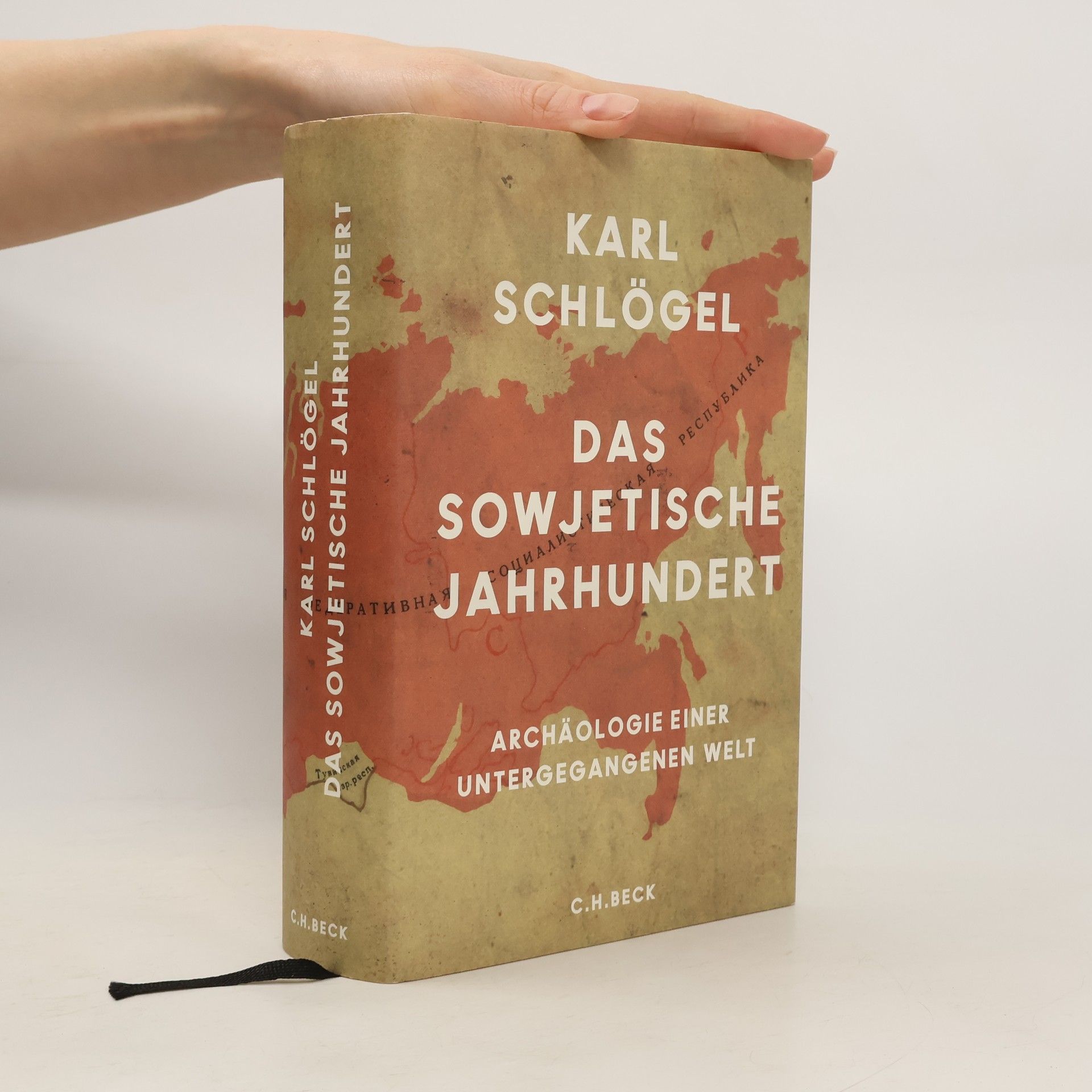Twentieth-century Europe, especially Central Eastern Europe, has been largely defined by Russia and Germany. In this century, cultural and economic exchanges between the two countries were as active as the fires of hatred intense. The smaller states in between, with their unstable borders and internal minorities, suffered from the powers' alliances and their antagonisms. This volume of new research in political and cultural history examines the two powers' turbulent relationship, including the pre-1914 era of exchange and cooperation; the projects of modernity in post-revolutionary Russia and Weimar Germany; the struggle for dominance over Central Europe in World War II; and mutual views of Germans and Russians after 1945. In the wake of the crucial events of 1989 and the transformation of German-Russian relations, it asks whether the configuration of Russian-German relations that once dominated twentieth-century Europe has now dissolved, leaving us to find new ways of cooperation between 'New Russia' and 'New Europe'.
Karl Schlögel Libri






Ukraine
- 296pagine
- 11 ore di lettura
Ukraine is a country caught in a political tug of war: looking East to Russia and West to the European Union, this pivotal nation has long been a pawn in a global ideological game. And since Russia’s annexation of Crimea in March 2014 in response to the Ukrainian Euromaidan protests against oligarchical corruption, the game has become one of life and death. In Ukraine: A Nation on the Borderland, Karl Schlögel presents a picture of a country which lies on Europe’s borderland and in Russia’s shadow. In recent years, Ukraine has been faced, along with Western Europe, with the political conundrum resulting from Russia’s actions and the ongoing Information War. As well as exploring this present-day confrontation, Schlögel provides detailed, fascinating historical portraits of a panoply of Ukraine’s major cities: Lviv, Odessa, Czernowitz, Kiev, Kharkov, Donetsk, Dnepropetrovsk, and Yalta—cities whose often troubled and war-torn histories are as varied as the nationalities and cultures which have made them what they are today, survivors with very particular identities and aspirations. Schlögel feels the pulse of life in these cities, analyzing their more recent pasts and their challenges for the future.
Moscow
- 380pagine
- 14 ore di lettura
No European city has undergone as much upheaval in the past fifteen years as Moscow. The stage for the fall of a world empire and the rebirth of a globally-connected Russia, Moscow has transformed from a monochrome capital city to a new Babylon iridescent with neon lights. Karl Schlögel's Moscow offers a fascinating and engaging portrait of this international metropolis in transformation. First published in German in 1984, and now rapidly attaining the status of a classic work, this debut English edition of Moscow has been updated with a new introduction and conclusion covering the post-Soviet period. Schlögel describes the modern history of Moscow from various aspects as he explores the city's streets and unearths the rich histories of its buildings, monuments, and parks. A city where the past and future continually clash, Moscow struggles to define its global role in the twenty-first century, and Karl Schlögel's insightful essays in Moscow provide a valuable window into the complex and resilient character of the ever-evolving capital and its citizens.
Moscow, 1937
- 652pagine
- 23 ore di lettura
Moscow, 1937: the soviet metropolis at the zenith of Stalin’s dictatorship. A society utterly wrecked by a hurricane of violence. In this compelling book, the renowned historian Karl Schlögel reconstructs with meticulous care the process through which, month by month, the terrorism of a state-of-emergency regime spiraled into the ‘Great Terror’ during which 1 ½ million human beings lost their lives within a single year. He revisits the sites of show trials and executions and, by also consulting numerous sources from the time, he provides a masterful panorama of these key events in Russian history. He shows how, in the shadow of the reign of terror, the regime around Stalin also aimed to construct a new society. Based on countless documents, Schlögel’s historical masterpiece vividly presents an age in which the boundaries separating the dream and the terror dissolve, and enables us to experience the fear that was felt by people subjected to totalitarian rule. This rich and absorbing account of the Soviet purges will be essential reading for all students of Russia and for any readers interested in one of the most dramatic and disturbing events of modern history.
The soviet century
- 928pagine
- 33 ore di lettura
An encyclopedic and richly detailed history of everyday life in the Soviet Union, this work delves into the remnants of a unique civilization that has since vanished. It vividly captures what it was like to live in the USSR, exploring the sensory experiences of its inhabitants. The narrative serves as both a museum and a travel guide to the Soviet past, detailing both grand and mundane aspects of life, from the Gulag and planned economy to cookbooks, military medals, and the iconic perfume Red Moscow. The exploration includes well-known elements like long queues, communal apartments, parades, and the Lenin mausoleum, alongside lesser-known yet significant features such as the Great Soviet Encyclopedia, Radio Moscow, graffiti, and even the typical toilet, which became a cultural topic. The book illustrates how Soviet life intertwined utopian dreams with everyday routines and an underlying atmosphere of terror, epitomized by the Lubyanka, the secret police's headquarters. Drawing on decades of travel in the Soviet and post-Soviet realms and enriched with over eighty illustrations, this account is both vivid and immediate, based on firsthand experiences with the places and objects it describes. The result is an unforgettable portrayal of a complex era.
The Scent of Empires
- 224pagine
- 8 ore di lettura
Can a drop of perfume encapsulate the story of the twentieth century? In this remarkable exploration, Karl Schlögel delves into the intertwined histories of two renowned fragrances. In tsarist Russia, French perfumers Ernest Beaux and Auguste Michel created scents honoring Catherine the Great for the Romanov dynasty's 300th anniversary. Amidst the upheaval of the Russian Revolution, Beaux fled to France, taking his perfume formula with him. There, he presented Coco Chanel with ten fragrance samples, and she selected number five, which would become Chanel No. 5. Concurrently, in Soviet Russia, Michel revived the perfume industry by transforming his original fragrance into Red Moscow for the Revolution's tenth anniversary. Schlögel weaves together the fates of these two perfumes, revealing a narrative rich with power, intrigue, and betrayal, offering a unique lens on the tumultuous events and politics of the twentieth century. This insightful account of perfume and its connections to history will engage a broad audience, highlighting how scents can carry the weight of historical significance.
American Matrix
Besichtigung einer Epoche
Was macht Amerika aus? Karl Schlögels besonderer Blick auf die Geschichte des 20. Jahrhunderts: die großen Jahre der USA Karl Schlögel hat als Historiker den Osten nach Europa zurückgebracht. Er hat aber auch intensiv die USA bereist, wo ihn die Weite des Landes genauso faszinierte wie in Russland. „American Matrix“ erzählt, wie Nordamerika von Eisenbahn und Highway erschlossen wurde, Städte und Industrien aus dem Nichts entstanden, Wolkenkratzer in den Himmel schossen – Errungenschaften einer Gesellschaft, die sich frei von allen Traditionen fühlte. Das Versprechen des American Way of Life veränderte die Welt genauso wie das sozialistische Experiment. Karl Schlögels großes Buch beschreibt die USA aus einer einmaligen, überraschenden Perspektive – und erzählt eine Geschichte des 20. Jahrhunderts, wie sie noch nicht zu lesen war.
Moskau 1937: Die sowjetische Metropole auf dem Höhepunkt der stalinistischen Diktatur. Karl Schlögel rekonstruiert diese Zeit, in der anderthalb Millionen Menschen dem »Großen Terror« zum Opfer fielen. Doch damit ist nicht alles erzählt: Im Schatten des Terrors will das Regime um Stalin eine neue Gesellschaft aufbauen. Gestützt auf zahllose Dokumente, vergegenwärtigt Schlögel in seinem historischen Meisterwerk eine Zeit, in der Terror und Traum fließend ineinander übergingen.
Das sowjetische Jahrhundert
Archäologie einer untergegangenen Welt
Der große Osteuropa-Historiker Karl Schlögel lädt mit seiner Archäologie des Kommunismus zu einer Neuvermessung der sowjetischen Welt ein. Wir wussten immer schon viel darüber, wie "das System" funktioniert, weit weniger über die Routinen des Lebens in außer gewöhnlichen Zeiten. Aber jedes Imperium hat seinen Sound, seinen Duft, seinen Rhythmus, der auch dann noch fortlebt, wenn das Reich aufgehört hat zu existieren. So entsteht, hundert Jahre nach der Revolution von 1917 und ein Vierteljahrhundert nach dem Ende der Sowjetunion, das Panorama eines einzigartigen Imperiums, ohne das wir "die Zeit danach", in der wir heute leben, nicht verstehen können. Karl Schlögel ist dabei, wenn die Megabauten des Kommunismus eingeweiht und die Massengräber des Stalin'schen Terrors freigelegt werden. Er interessiert sich für Paraden der Macht ebenso sehr wie für die Rituale des Alltags, er erkundet die Weite des Eisenbahnlandes und die Enge der Gemeinschaftswohnung, in der Generationen von Sowjetmenschen ihr Leben zubrachten. Die Orte des Glücks und der kleinen Freiheit fehlen nicht: der Kulturpark, die Datscha, die Ferien an der Roten Riviera. In allem – ob im Mobiliar, im Duft des Parfums oder der Stimme des Radiosprechers – hat das "Zeitalter der Extreme" seine Spur hinterlassen.
Was macht die Ukraine aus? Mit dem Krieg ist auch eine Kontroverse über die politische und kulturelle Eigenständigkeit des Landes ausgebrochen. Seit vielen Jahren ist Karl Schlögel in der Ukraine unterwegs, noch in jüngster Zeit hat er Reisen dorthin unternommen. Lemberg, Odessa, Czernowitz, Kiew, Charkiw, Donezk und Dnipropetrowsk: All diese Namen stehen für einst blühende Städte, für eine Kultur von eigenem Rang. Der Westen hat sie viel zu lange ignoriert, auch das ermunterte Putin zu seiner Expansionspolitik. 70 Jahre nach dem Ende des 2. Weltkriegs sind in Europa wieder Städte von der Auslöschung bedroht. In solchen Zeiten führen Karl Schlögels Städtebilder vor Augen, was gar nicht fern von uns auf dem Spiel steht. Wer wirklich wissen will, was in Europa gerade passiert, muss auf die Städte der Ukraine schauen.



